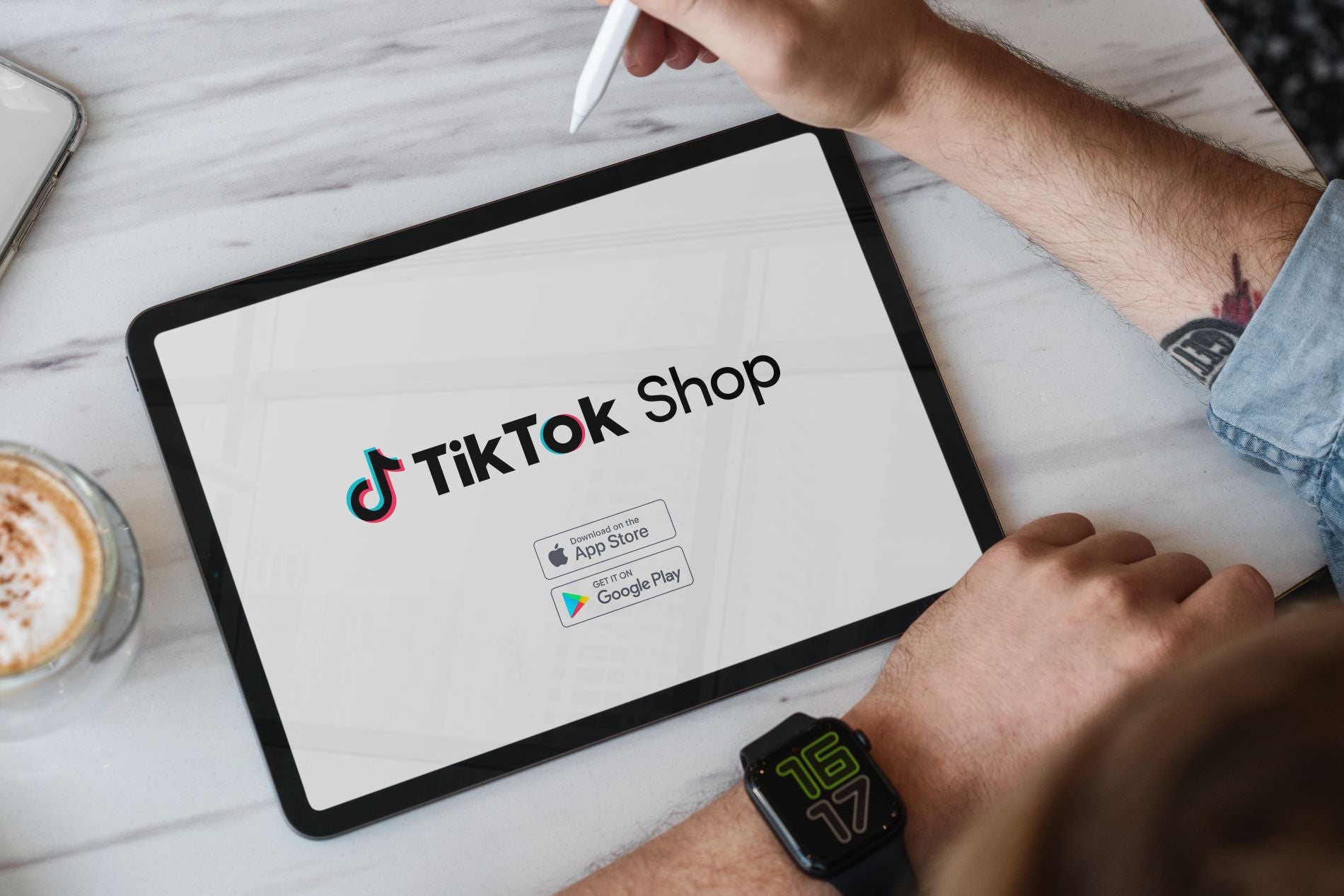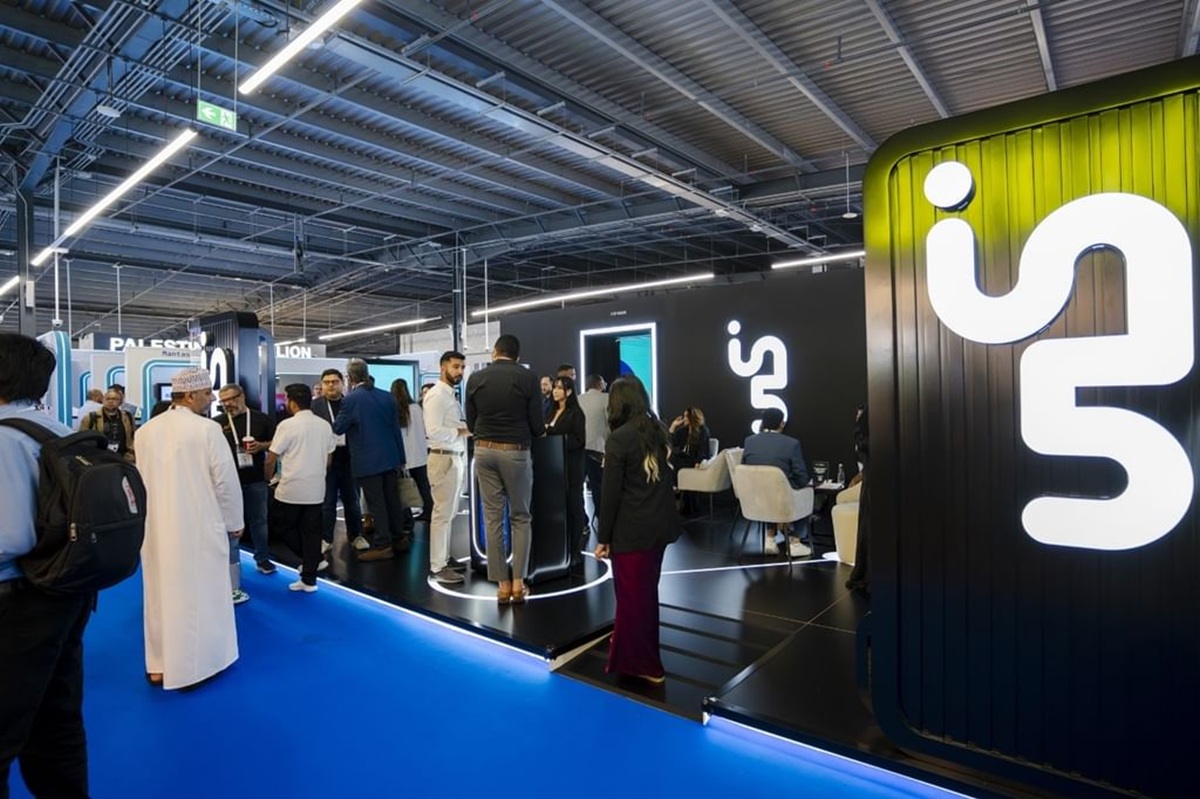President Trump’s One Large Stunning Invoice handed over the summer season, however the tax advantages have barely begun. Many Fundamental Avenue companies stand to achieve considerably from new tax regulation deductions into subsequent 12 months, some key ones as excessive as 100% of prices.
The favorable tax measures aren’t all solely new. Some had been phased out or had been going to sundown and now have been resurrected. However there’s a lot meat to the invoice that small companies could have missed some important alternatives for bottom-line financial savings, based on Jeffrey Kelson, co-leader of EisnerAmper’s Nationwide Tax Workplace.
In keeping with Melanie Lauridsen, vp of tax coverage and advocacy with the American Institute of Licensed Public Accountants, most of the provisions within the invoice are notably favorable to Fundamental Avenue firms and native economies.
To make sure, there are nonetheless some unknowns, provided that the Treasury Division and the IRS nonetheless should launch a number of rules and steerage about how the invoice is applied and interpreted. However total, it is seen as a boon for small companies.
Listed here are a number of of the key advantages coming to Fundamental Avenue:
Enterprise buy write-offs at 100%
Small companies which were mulling the acquisition of latest computer systems, equipment or different gear can deduct 100% of the associated fee in lots of circumstances. “This can be a big bounce from the outdated 40%,” Ken Webster, chief government of Rocket Authorized Skilled Companies, wrote in an explainer for small companies. The perk applies to belongings purchased on or after January 20, 2025. “This implies you would possibly already qualify for greater deductions on latest purchases, so make sure and evaluation your year-to-date gear buy information,” Webster wrote.
Most of those write-offs are for brand new gadgets, however a unique tax code provision lets companies deduct 100% of sure purchases as much as $2.5 million for taxable years starting after Dec. 31, 2024. To take benefit, the merchandise must be new to what you are promoting, not essentially model new, Webster famous. There are additionally spending limits earlier than the utmost deduction begins to drop.
It is advisable to talk to a tax advisor on how greatest to maximise these write-off choices and likewise reap potential state tax benefits, Kelson mentioned.
Large win on R&D deductions
The brand new regulation encourages home analysis and improvement.
As a part of the 2017 Tax Cuts and Jobs Act, speedy expensing of R&D prices was ended as of 2022, and companies needed to amortize R&D bills over time, which may have prompted them to pay extra taxes in a given 12 months. This was notably exhausting on small companies, and particularly start-ups in tech niches like software program, mentioned Diana Walker, a director with Baker Tilly’s tax follow.
Now, small companies can instantly deduct 100% of home R&D prices incurred after 2024. “This can be a big reduction for lots of taxpayers who had been negatively impacted by the TCJA,” Walker mentioned.
Moreover, there are a number of methods to get credit score for earlier home R&D bills, together with opting to amend earlier returns, so small companies ought to communicate to their tax advisor about which technique to decide on, even when they’ve already filed their 2024 return, she mentioned.
In 2025, all taxpayers, no matter their gross receipts, can make the most of not having to capitalize and amortize home R&D. To obtain credit score for previous years, companies will need to have gross receipts underneath $31 million on common from 2022 by 2024 — a bonus for small companies. “This invoice undoubtedly is favorable to small companies,” Walker mentioned.
A key curiosity deduction tied to loans
The Large Stunning Invoice revived a extra beneficiant calculation for deducting curiosity, which many small companies taking up a mortgage or different types of debt may gain advantage from, mentioned Colin Wilhelm, coverage analyst within the Washington Nationwide Tax Workplace at Grant Thornton.
Beginning with tax years that start after Dec. 31, 2024, the laws brings again the EBITDA-based limitation that had beforehand been scaled again. This permits for greater curiosity deductions than underneath the EBIT-based system.
“Numerous small companies should tackle debt to continue to grow. It permits them to deduct that curiosity and reinvest the financial savings into the enterprise to continue to grow,” Lauridsen mentioned.
‘No tax on suggestions’ for house owners
This provision has obtained important press, and the principles are nonetheless being written, however it’s value noting given the potential profit for sure small companies that may now deduct as much as $25,000 in suggestions yearly by 2028.
Some exceptions to contemplate: Self-employed people cannot deduct greater than their internet revenue from the enterprise that earned the ideas, based on Rocket Authorized’s Webster. Additionally, people with a modified adjusted gross revenue over $150,000 for particular person taxpayers and $300,000 for joint filers cannot make the most of the deduction.
Wilhelm recommends that companies trying to say this deduction maintain cautious information of suggestions. “I feel there’s going to be extra scrutiny of these information by the IRS,” he mentioned.
Lowering taxable revenue
The favored Certified Enterprise Revenue (QBI) deduction is now everlasting. This permits sole proprietors, companions and S company shareholders to deduct 20% of their enterprise revenue, with sure exceptions.
The Large Stunning Invoice makes it simpler for a bigger variety of higher-income small enterprise house owners to say this deduction, increasing the revenue ranges for eligibility beginning subsequent 12 months. An eligible enterprise with not less than $1,000 in lively enterprise revenue is assured a minimal $400 deduction, which is able to enhance with inflation annually. Sure expert service companies, akin to well being, regulation and accounting, have revenue limits for claiming the complete deduction.
Employer-provided youngster care credit score tax financial savings
All companies offering worker youngster care are eligible for a tax credit score, and there are expanded advantages for small companies with lower than $31 million in gross receipts for 2025, based on a useful resource information from the U.S. Chamber of Commerce.
Eligible small companies can declare as much as $600,000 and 50% for bills. With this additional advantage, small companies ought to consider choices for offering or increasing worker child-care advantages or applications, based on the Chamber of Commerce. They need to take into account coordinating with close by companies if pooling is an choice.

Related posts
Subscribe
* You will receive the latest news and updates!
Quick Cook!
TikTok Launches Store Native: How To Apply
TikTok Store has at this time introduced the launch of Store Native, a assist scheme to assist British SMEs harvest…
Dubai incubator in5 startups cross $2.45bn funding milestone at Increase North Star 2025
Dubai entrepreneurship incubator, in5, has crossed AED9bn ($2.45bn) in complete funding raised since inception, reflecting 14 per cent development over…



